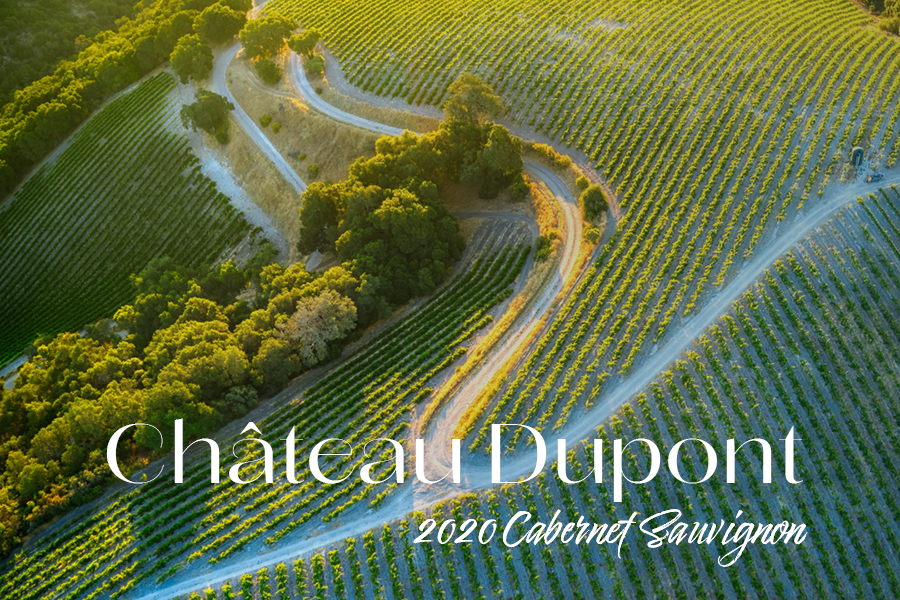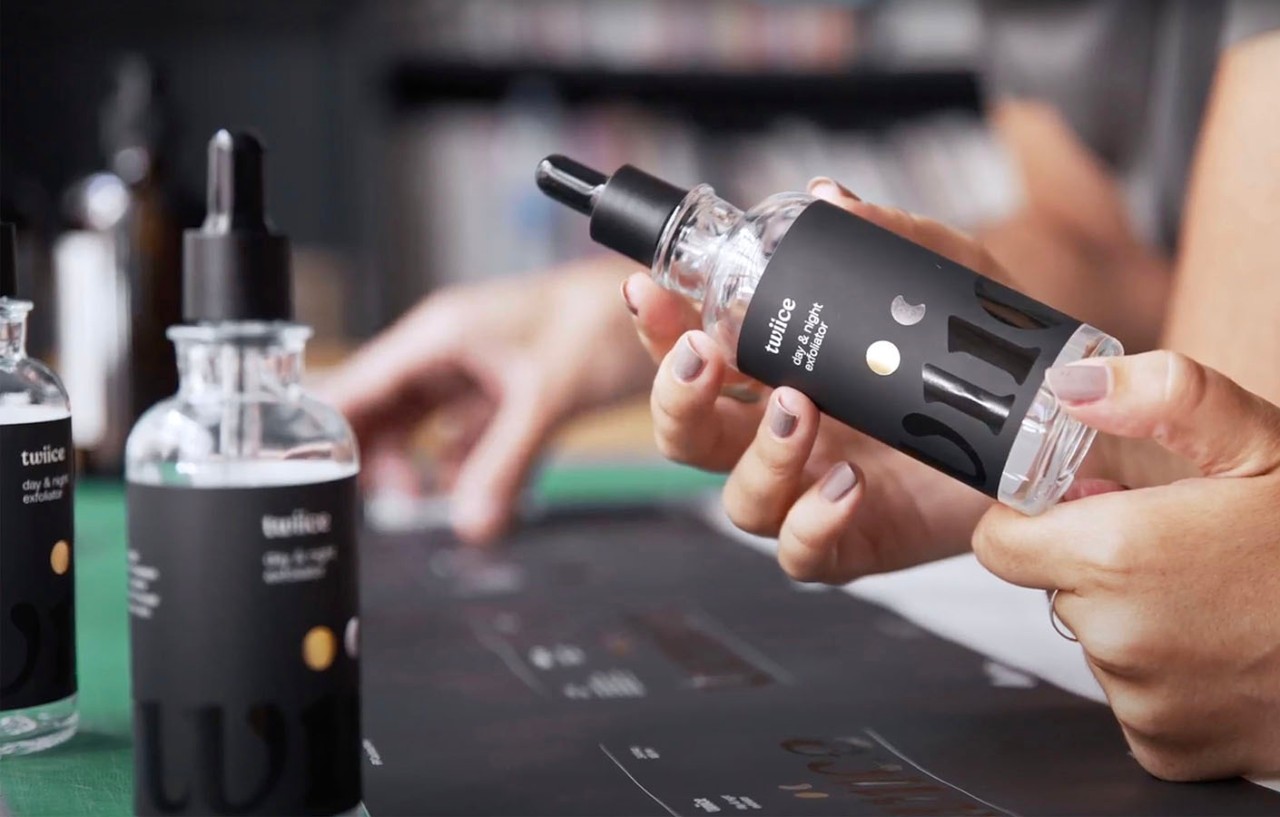Why Digital ID Technologies Are Valuable to Luxury Brands

Why Digital ID Technologies Are Valuable to Luxury Brands
NFC Customer engagement demo Château Dupont
NFC MATERIAL Digital ID technologies
Experience Creator atma.io
Consider a world where consumers can buy a product and trace its origins all the way back to its raw materials. Now consider a world where brands can track the journey of their products from warehouses to consumers and gain insights into the item’s condition. This capability would make our world far more efficient, informed, and sustainable, wouldn't it?
Well, this world exists, and the great news is that most of us already use this technology daily, and luxury brands worldwide are beginning to embrace it for its many benefits.


The global luxury goods market is expected to increase from $309.6 billion in 2021 to $382.6 billion in 2025, which means that there will be more opportunities to build meaningful relationships with customers and create unparalleled end-to-end transparency across supply chains. In fact, the way consumers shop for products has changed tremendously over the past few years. The abrupt shutdown of the world and the near absence of traditional retail drove consumers to their digital devices to purchase goods. As a result, many businesses grew their online sales, offering new and more accessible opportunities to reach global audiences. The luxury industry alone grew 14% year over year in 2021. Several challenges also arose as a consequence, such as counterfeiting, resulting in loss of sales and consumer distrust, negatively impacting the brands' reputation. Fortunately, this modern-day threat can be addressed with a technology that provides a seamless and memorable experience for consumers and enables companies to address these challenges head-on.
NFC (near field communication) is a wireless communication technology that uses RFID (radio frequency identification) to enable contactless communication between a reader (often a smartphone) and a tag. In simple terms, brands can incorporate small electronic tags into their product labels that connect them to the digital world and track and measure a variety of metrics while also providing consumers with experiences and allowing for direct interaction.
Avery Dennison's digital ID technologies offer various options, along with atma.io connected product cloud, which is gaining traction in the luxury market. This revolutionary platform completely changes how brands connect with individual customers, manage supply chains and achieve sustainability goals. With over 22 billion unique items, the platform connects the physical and digital worlds by assigning unique digital IDs to everyday items. Ultimately, atma.io connected product cloud combines Avery Dennison's rapidly evolving family of digital triggers with the power of data.
Now that we understand how it works let's talk about clear examples of the technology in action. To illustrate this as smoothly as possible, Avery Dennison created a fictional wine brand demo called Château Dupont, demonstrating how brands can use this technology for various purposes.
An NFC tag can be embedded behind the decorated label, back label, neck of the bottle, or even the closure, which gives the consumer an interactive and informative encounter by scanning it with their smartphone. When consumers enter the digital experience, brands can show them a wine's birth certificate, including valuable insights like the wine's origin and bottling date, as presented by the demo.
Users can explore the contents of the demo to discover the product's sustainability credentials. In this case, the wine produces 29% less CO2 than the average bottle of wine. Brands can also reveal the carbon footprint at every step of their journey, from the manufacturing to the retailer. In a world where consumers are acutely aware of how their purchases impact the environment, having this information readily available at their fingertips allows them to create more meaningful and transparent relationships with products. In addition, with more and more brands committing to net-zero carbon goals, the pressure to deliver reliable end-to-end supply chain visibility is increasing, and a connected product cloud, such as atma.io can provide a vital component of item-level traceability by assigning unique digital IDs to everyday items, and then tracking, storing and managing all the events associated with each individual product. Ultimately, this helps brands move to a more circular model and engage consumers in powerful ways.
On the topic of traceability, the Château Dupont demo provides information about the bottle's journey, such as when the grapes were harvested, when it was bottled, when it was shipped to the retailer, the kilometers it traveled, and even the average temperature of the bottle during transportation. As a result, consumers can again be assured that the product they purchase is authentic and provides a good overview of the entire process from creation to consumption.
As the user progresses through the journey, brands can use this opportunity to educate them about the philosophy and production process behind the product and how it was created in a truly authentic way. Eventually, buyers can be presented with an opportunity to verify the item's authenticity. Following simple instructions, a code can be scanned on the neck of the bottle to determine if their purchase is authentic. This is especially valuable for luxury brands whose high-end products can often be subject to counterfeiting. A tag that enables consumers to verify the product's authenticity ensures their brand equity is protected and consumers are not misled.

A truly engaging experience would not be complete without some additional consumer interactions. Among the many delicious recipes that the demo offers, it informs them of the nutritional content of the wine and how it can be best enjoyed. In this way, the consumer benefits from additional bonus content and, once again, develops a stronger connection with the brand.
Information that was previously difficult to find is now within the grasp of consumers. Powered by atma.io, connected product cloud by Avery Dennison, luxury brands can educate consumers on recycling, product care, reuse, and donation - making them aware of the simple process of keeping their products in circulation.
Despite the consumer-friendly benefits of NFC product labels, brands can leverage additional tools that will enable them to effectively manage their supply chains to grow their businesses. Leveraging atma.io connected product cloud, brands can also keep track of where their products are sold by being given visibility over their supply chains and gaining accurate insights into their inventories. It also enables them to keep track of perishable goods’ expiration dates and obtain real-time insight into how their products are manufactured to inform shipments and update a product's condition.
As digital ID technologies continue to grow, luxury brands will benefit from more innovative methods for taking their operational excellence, packaging, and customer relationships to the next level. The atma.io platform, together with digital ID technologies, offers a range of modules that can be custom-designed for specific use cases to help achieve these business objectives and create a more sustainable, accessible, and efficient world.
To learn more about connected packaging and NFC, contact tony.fazhev@eu.averydennison.com, our Business Development Manager for NFC in EMEA.


